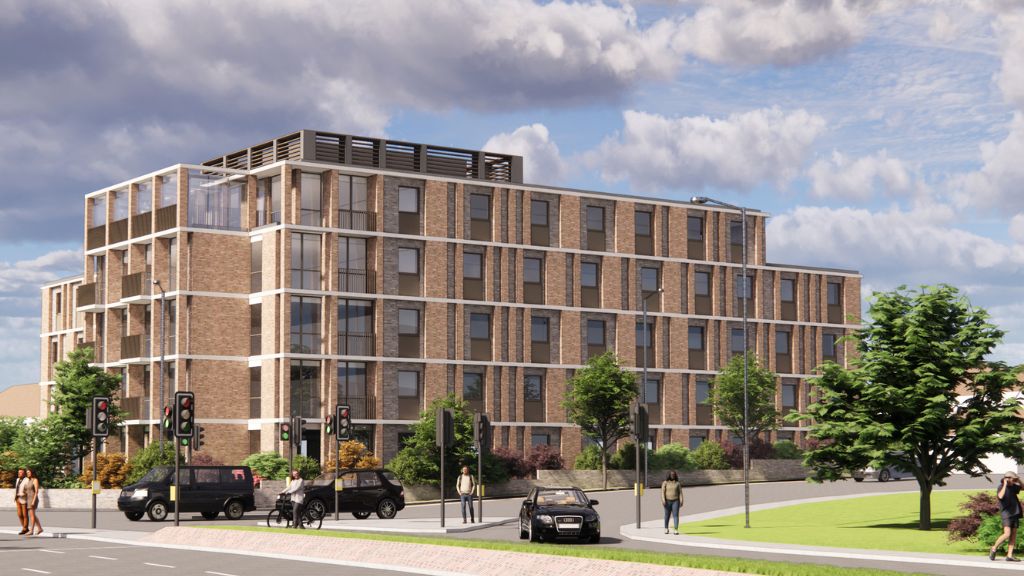NHS too ‘hierarchical’ and ‘centralised’ to get greater social care role, says Baroness
Crossbench peer, writer and former Number 10 adviser Baroness Camilla Cavendish’s report on her 2020 review of adult social care has concluded that the NHS has much to learn from social care on how to be “responsive and human facing.”

The review, ordered in June 2020 by then health and social care secretary Matt Hancock, looks at how the government can lock in the lessons of the Covid-19 pandemic to build a more robust, sustainable and joined-up system of social care.
Cavendish found that, while one solution would be to let the NHS take over social care which “on paper, would join up the care continuum”, she rejected this because of the NHS’s “hierarchical” and “centralised” nature. She also claimed that “social care is more innovative, more responsive and human”, suggesting the NHS’s role should be limited because it is “still struggling to join up primary and secondary care”.
“The culture of the NHS is still largely one of ‘doing to’ patients, and the NHS has much to learn from social care about how to be responsive and human facing,” she added.
Cavendish added that recent attempts to import the Buurtzorg model of self-managing teams into the NHS have failed because the “NHS culture cannot seem to cope with giving staff the autonomy required”, adding that use of the Dutch model should now “be driven out of adult social care”.
She said the pandemic had forced partnerships with care suppliers to free up beds, making the NHS see “social care as essential” for the first time.
“The NHS showed little comprehension of the care sector or its needs, beyond welcoming the simplification of discharge procedures,” she said. “Linkages between NHS England and local authorities proved to be virtually non-existent.”
Cavendish said that joint commissioning by the NHS and councils “could effectively lead to an NHS takeover of [adult social care] by the backdoor, with the concomitant danger that the transactional, less person-centred approach of the NHS moves into social care, further weakening reablement”.
She favoured earned autonomy and intervention for local authorities as a model for improving social care quality, saying it would “retain responsibility for commissioning”, but also “be required to develop and use a commissioning framework that focuses on outcomes and prevention”, while offering “the opportunity for high-performing LAs to grow their commissioning remit” into areas usually covered by the NHS. It would also introduce “a formal ‘right to request’ a greater share of those budgets for high performing LAs.”
“When it was created, CQC was emphatically on the side of the consumer, she said, “ it needs to regain that clarity.”
The government announced last year the CQC should inspect integrated care systems.
Cavendish rejected this idea of the CQC inspecting care systems, saying it “should be ruthlessly focused on outcomes and not, for instance, be overly concerned about the mechanics of integration… CQC should continue to assess provider performance based on the quality of care they provide… Integration is largely beyond their control and is of little interest to users who want to know where they will receive the best care for them as individuals.”
Cavendish’s report also stressed the importance of a joint approach and connecting data flows between the NHS and social care work, with the need for greater funding for rehabilitation services.



